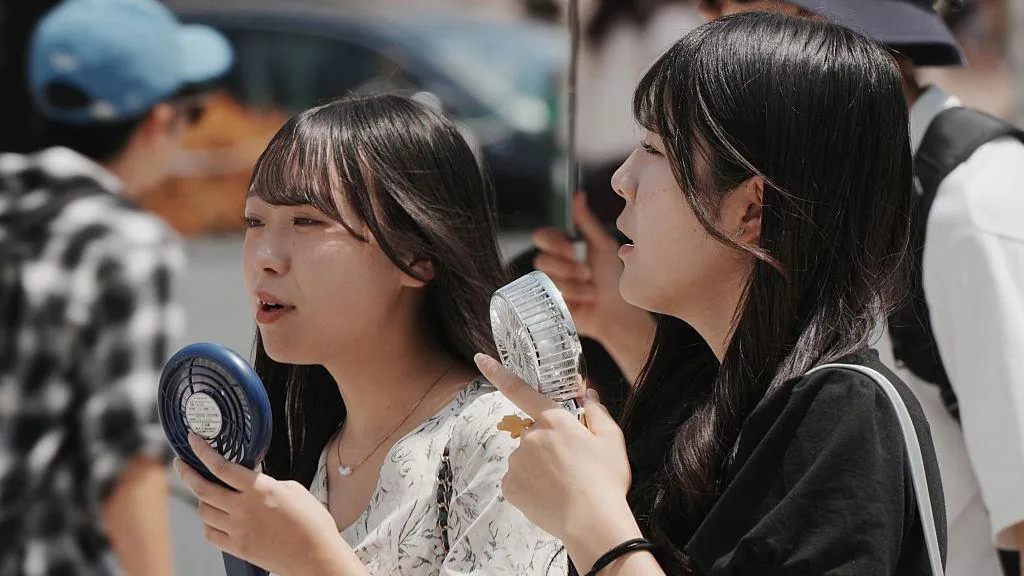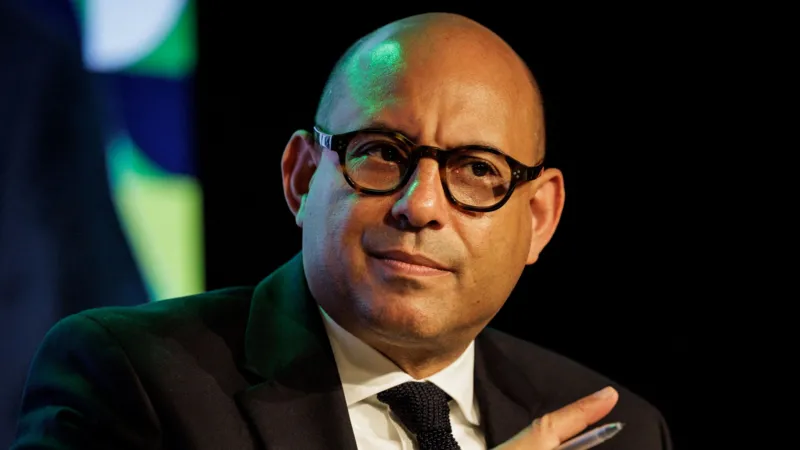'It made me feel less than human': Disabled musicians demand greater inclusivity
Elizabeth J. Birch has been a musician for a decade, has won several awards, and loves her job. However, she continues to feel like an outsider in a competitive and precarious industry.

As a wheelchair user, she commonly experiences accessibility barriers at venues, but there's a more pressing issue - tokenism.
Birch tells Sky News: "While it's not explicitly stated that it's tokenistic, it feels tokenistic because [organisations] need a certain amount of disabled people on their board.
"For example, I was once called a poster girl for inclusion."
When asked how the experience made her feel, she pauses and reflects: "Perhaps it didn't make me feel like an individual or it made me feel less than human because I was narrowed down to one aspect of myself.
"It's not about trying to look inclusive, it's about trying to be inclusive."
Kate Nash says selling photos of her bum on OnlyFans paid for an extra tour crew member
Out of the fear of discrimination, she wasn't open about her hidden disability until only a few months ago.
"I didn't feel comfortable sharing that side of me because society doesn't accept it," she says.
And she doesn't regret opening up.
"I think the biggest benefit of me disclosing my disability is seeing how it's impacted others," she says.
"It's really empowering, I wake up feeling every morning like the effect I'm having on the community."
Among other key findings, the Musicians' Census identified the following areas of concern when it comes to financial security, fair pay, and discrimination in the workplace:
- On average there is a £4,400 pay gap between disabled and non-disabled musicians
- The gap widens a further £1,700 for musicians with mental health conditions and/or neurodivergent profiles
- 27% of disabled musicians said they had experienced racism, compared with 7% of non-disabled musicians
- 73% of disabled respondents said they aren't in receipt of any state benefits, tax credits, or support
Grace Meadows, head of engagement at Help Musicians and Music Minds Matter, said: "What this report really starkly highlights is just how much more work the industry needs to do to support disabled musicians but also to support anybody who may have a disability to speak up without fear of discrimination or disadvantage.
"And with benefits, really what we are needing to see is a change in what those systems look like so people can get the support they need when they need it."
A government spokesperson told Sky News: "We are bringing forward proposals to reform health and disability benefits in spring as part of a proper plan to genuinely support disabled people.
"We will work closely with disabled people and their organisations, whose views will be at the heart of these plans."
Both Birch and Beckett-Messam believe in the social model of disability which recognises that people are disabled by barriers in society, not by their impairment or difference.
For now, they are determined to stay in the industry, but that could change if it stays the same.
-SKY NEWS







